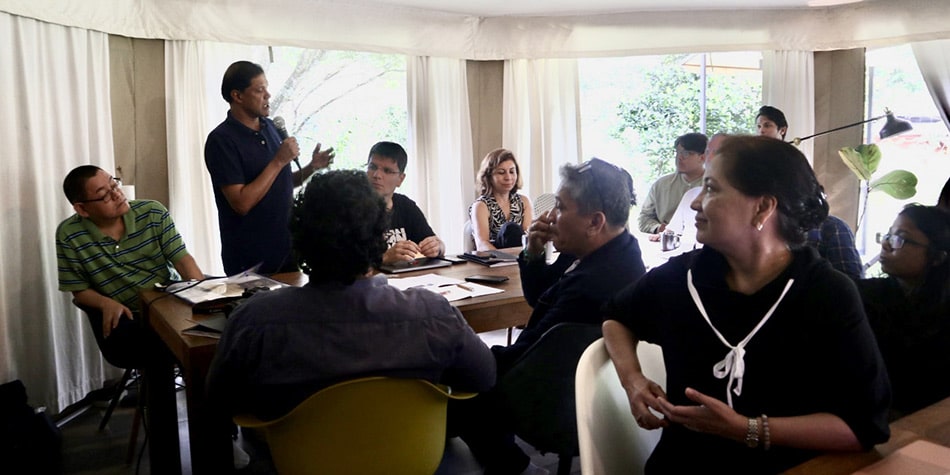Jamaica vote illustrates retentionist trend in the Caribbean
Caribbean
Opponents to the death penalty across the Caribbean are bracing themselves for a tough year in 2009 after Jamaican senators voted to retain capital punishment on December 21, 2008.
The outcome of the Senate vote mirrored that of a November poll on the same issue in the House of representatives.
No new legislation was being proposed. Lawmakers were rather asked to take a “conscience vote” and choose whether to abolish the death penalty or to retain it.
Capital punishment has been on Jamaica’s books since before independence, but has not been used in the country since 1988.
Politicians debated the issue fiercely after particularly gruesome crimes against children led to public outcry at Jamaica’s rising crime rates, one of the highest in the world.
“The Government has a responsibility to ensure that justice is administered. The case for justice, I believe, must be the strongest argument for the use of the death penalty,” said Finance Minister Audley Shaw during the House debate.
Opposition MP Maxine Henry Wilson questioned the efficiency of capital punishment in the fight against crime. “If we have hanging, and the outcome is not what we anticipated or desired, what is next? We are not catching the criminals, and that is the fundamental issue,” she said.
Despite a plea for abolition from popular South African Anglican Archbishop Desmond Tutu through Amnesty International and a statement from 14 Anglican bishops “calling [their] people to stand with [them] in [their] opposition to the death penalty”, the votes in both houses returned a clear majority in favour of retention.
Threat of constitutional amendment
“We did not expect the vote to go any other way,” said Nancy Anderson, Legal Officer and Secretary of the the Independent Jamaican Council for Human Rights (IJCHR). “What was startling was the suggestion to amend the constitution to overturn a judicial decision that after five years on death row, a condemned person’s sentence must be commuted to life in prison.” The five-year restriction was imposed by the Privy Council, a London-based court with jurisdiction over the English-speaking Caribbean.
Should such a constitutional bill come up, the IJCHR is prepared to battle it on the grounds that it would violate the separation of judicial and legislative powers.
The organisation also tries to raise awareness among the public through interviews in the media.
Another avenue for Jamaican abolitionists is individual litigation and training for criminal defence lawyers. There are currently eight prisoners on death row in the country, five of whom are approaching the five-year deadline.
The IJCHR is Jamaica’s most vocal abolitionist organisation. The local section of Amnesty International and the Catholic church are also active on this issue.
A recent meeting with local clerics of all denominations ended with a consensus on the urgency of general penal reform. “Church leaders are divided on the issue of the death penalty, but they are worried about the state of the justice system and think that there should be no hanging until it is improved,” said Nancy Anderson.
First execution in five years in the Caribbean
The Jamaican situation reflects a retentionist trend observed across the Caribbean. Last December, one in four countries who voted against the UN resolution calling for a moratorium on executions were in the Caribbean.
On the day of the conscience vote in the Jamaican senate, an execution took place in Saint Kitts – the first one in the Caribbean since 2003.
“Governments argue that the death penalty is a response to rising crime rates,” said Carmelo Campos Cruz of the Puerto Rican Coalition Against the Death Penalty. (photo) “The annual homicide rate in the Caribbean is 30 per 100,000 people – one of the highest in the world,” he added.
The Puerto Rican Coalition is working towards the unification of the region’s activists into a Caribbean network to strengthen their action and coordinate with international supporters such as the World Coalition or the European Union.
“If we manage to unite churches, unions, all members of this movement, we can be more productive. The times ahead will be tough, with more use of the death penalty and further questioning of Privy Council rulings,” Carmelo Campos Cruz said.






